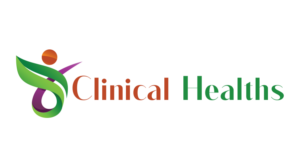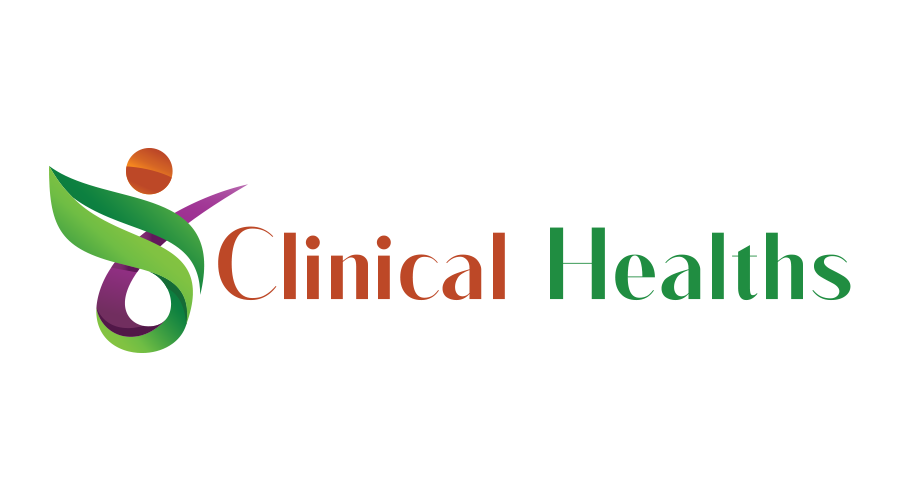A good night’s sleep is needed to keep the mind keen, the body fit, and the immune system in peak condition. However, sleep disorders are more common than people know, and they often remain undiagnosed. At the same time, infection recovery also requires good sleep along with equilibrium with the body’s healing processes.
Fortunately, contemporary home diagnosis practices of sleep diseases are allowing people to learn and control their sleep well-being. Towards that end, embracing simple yet effective infection recuperation practices can allow the body to regain its vitality and equilibrium. Let’s see how sleep and recuperation are hand in hand—and how matters can be attended to at home to enhance both.
Understanding Sleep Disorders: The Hidden Struggle
Sleep disorders do not always sound and are not always visible. Occasionally they exist in quiet form—like getting up tired, being unable to concentrate, or sleeping all day. Others lie awake at night or wake up too early without ever feeling refreshed.
A few of the most prevalent sleep disorders are:
- Insomnia – falling or remaining asleep.
- Sleep apnea – interrupted breathing while sleeping, usually accompanied by snoring loudly.
- Restless legs syndrome – irresistible need to move the legs at night.
- Narcolepsy – excessive sleepiness during the day with sudden episodes of sleep.
Early detection of these symptoms is necessary. Due to modern gadgets and technology, it is now easy to diagnose sleep disorders from home.
Sleep Disorder Diagnosis at Home: What It Means
Those are the days when sleep disorders were diagnosed following overnight stays at sleep clinics. Although in-lab testing is still unavoidable for complex cases, most people can now acquire sleep disorder diagnosis at home with home test kits and wearable tech.
These home devices commonly track:
- Breathing patterns
- Heart rate and oxygen levels
- Sleep cycles
- Body movement
It is simple to do most of the tests involve wearing a calming device or running a sleep monitoring program at night. The tests are then examined to see if there is evidence of broken sleep rhythms. It is useful because it enables people to begin correcting their sleeping habits without leaving their homes.
On other hand, sleep tracking applications or intelligent watches also give feedback regarding the quality and amount of sleep, so that one is more aware of sleeping patterns.
Why Sleep is So Important in Recovery from Infection
Sleep is arguably the strongest natural healing force. Through sleep, the body works to heal tissues, balance hormones, and preserve immune function. It is because of this that rest is so critical during and after any infection.
If sleep is not sufficient, the immune system is compromised and will have a harder time combating viruses and bacteria. Sleep needs to be added as part of the recovery process for any individual who has a cold, flu, or other illness.
Combining good sleeping habits with other infection-recovery tips can help to speed up recovery and overall health.
Infection Recovery Tips to Speed Up Healing
These are some simple and helpful tips of recovering from an infection that can make a big impact.
Hydrate
Water flushes toxins from the body and helps repair cells. Herbal teas and broths are also ideal sources of water intake.
Rest
Don’t attempt to muscle through fatigue. Allow the body to rest whenever possible, but most importantly on the first few days of being sick.
Eat Immune-Boosting Foods
Fruits, vegetables, lean meat, and broth supply the body with the energy it needs to get stronger. Vitamin C, zinc, and antioxidants are especially helpful.
Breathe Clean Air
If possible, use a humidifier or air purifier. Clean, moist air is easier on the lungs and enables the body to recover sooner from respiratory illness.
Exercise Gently
When energy begins to return, slow walking or slow stretching can stimulate circulation and lift mood without fatigue.
Regulate Stress
Stress will prolong recovery by stimulating increased inflammation. Reading quietly, diaphragmatic breathing, or meditation may calm the mind.
Connecting Sleep and Recovery
In infection, sleep is more vital than ever. Not only does it give immune function time to respond, but it speeds the repair of damaged cells. In both recurrent infection and sleep disorders, a careful evaluation of sleep habits is an appropriate first step.
Home sleep disorder diagnosis offers a simple and noninvasive way of determining whether sleep is interfering with the recuperation process. With proper infection recuperation advice, once diagnosed, slight lifestyle modifications can equate to better sleeping, enhanced healing, and higher energy levels in daily living.
Conclusion
Better sleep and faster recovery are now achievable. Through home sleep disorder diagnosis, one can be in charge of their sleeping well-being in the comfort and safety of their own homes. And pairing that with efficient infection recovery tips makes it easier to sustain the immune system, get back into shape, and recover faster.
For individuals looking for guidance, professional expertise, and evidence-based remedies to facilitate rest and healing, SleepMentor provides a trusted website packed with the resources necessary to make healthier choices daily.


